Cricket is a demanding sport that requires proper nutrition to fuel the body for peak performance. As cricket players, it’s crucial to understand the significance of a well-balanced diet and how it can enhance our endurance, energy levels, and muscle recovery. By following a nutrition plan that includes whole grains, fruits and vegetables, and healthy fats, we can optimize our performance on the field and stay at the top of our game.
Key Takeaways : Cricket Nutrition Guide for Players
- A balanced diet is essential for cricket players to maintain their energy levels and support muscle recovery.
- Incorporate whole grains, fruits and vegetables, and healthy fats into your daily meals to fuel your body.
- Stay hydrated by drinking plenty of water throughout the day to avoid dehydration and perform at your best.
- Pre-match nutrition should include a combination of carbohydrates, proteins, and healthy fats to provide sustained energy.
- Proper recovery nutrition, including lean sources of protein, carbohydrates, and fluids, is vital for muscle repair and replenishment of energy stores.
The Importance of Cricket Nutrition
Nutrition plays a crucial role in the performance of cricket players. Just like any other sport, cricket requires a well-designed diet chart for cricketers to provide them with the necessary nutrients to excel on the field. Proper nutrition for cricket includes a balanced diet that meets the specific nutritional needs of players.
When it comes to cricket player’s nutrition, sports nutrition for cricket emphasizes the consumption of nutrient-dense foods and hydration strategies to support optimal performance. By fueling their bodies with the right combination of carbohydrates, proteins, healthy fats, vitamins, and minerals, cricketers can achieve peak performance levels and maintain their overall health.
Also Read: Navigating The Medical Maze: How Medical Assistants Guide Patients Through Their Journey
Proper nutrition is the key to unlocking the full potential of cricket players. It not only contributes to their physical performance but also helps them develop endurance, agility, and mental focus.
Cricket nutrition is not just about eating a certain number of calories; it’s about fueling the body with the right nutrients at the right time. A diet chart for cricketers should include a variety of whole grains, lean proteins, fruits and vegetables, and healthy fats to provide the necessary energy, support muscle growth and repair, and aid in recovery.
Moreover, hydration is an essential aspect of cricket nutrition. Staying properly hydrated throughout the game is crucial for maintaining optimal performance and preventing dehydration. Cricketers should consume an adequate amount of fluids, including water and sports drinks, to replenish electrolytes and stay hydrated.
By prioritizing cricket nutrition and following a well-designed diet chart, players can ensure that their bodies are properly fueled for maximum performance. From endurance to agility, nutrition plays a vital role in every aspect of the game. So, next time you step onto the cricket field, remember to pay attention to your nutrition, because what you eat can make all the difference in your performance.
Fueling the Body for Cricket
When it comes to cricket, fueling your body with the right nutrients is key to maintaining a high level of performance on the field. A diet rich in carbohydrates and lean sources of protein is essential for cricketers to excel in their game.
Carbohydrates are the primary source of energy for intense physical activity. They provide the fuel needed for running, batting, and fielding. Including carbohydrates in your diet can help you sustain your energy levels throughout the game and improve your overall endurance. Aim for a diet that is rich in whole grains, such as brown rice, quinoa, and whole wheat bread. These complex carbohydrates provide a steady release of energy and keep you feeling fueled and energized.
Also Read: The Fundamentals Of Project Finance: A Comprehensive Guide
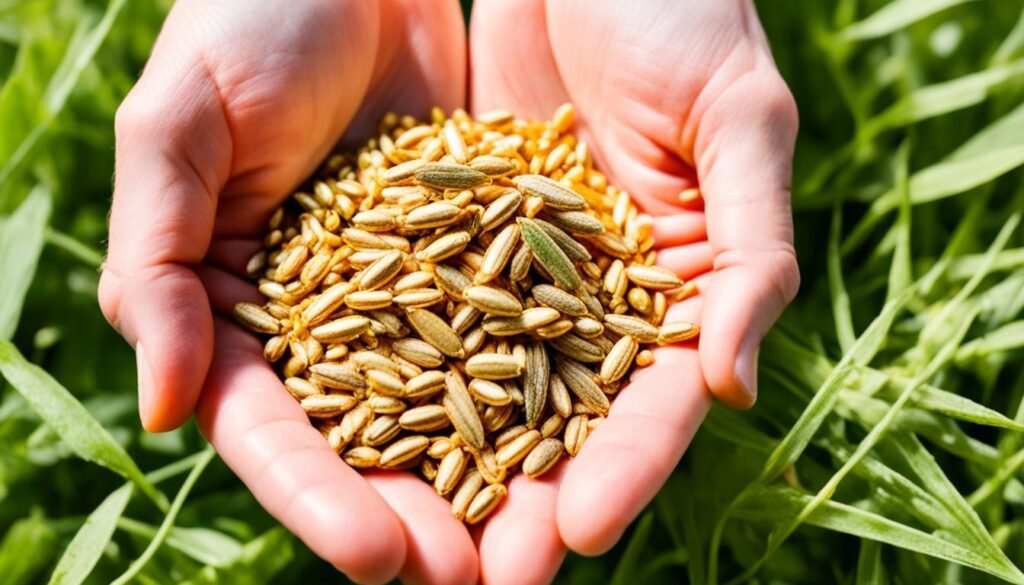
Protein is another crucial nutrient for cricketers. It plays a vital role in supporting muscle growth and repair. Including protein-rich foods in your diet can help you build and maintain lean muscle mass, which is important for strength and agility on the field. Opt for lean sources of protein such as chicken, fish, tofu, and Greek yogurt. These foods provide essential amino acids that aid in muscle recovery and growth.
| Nutrient | Recommended Intake per Day | Food Sources |
|---|---|---|
| Carbohydrates | 6-10 grams per kilogram of body weight | Whole grains, fruits, vegetables, legumes |
| Protein | 1.2-2 grams per kilogram of body weight | Chicken, fish, tofu, Greek yogurt |
In addition to carbohydrates and protein, it’s important to maintain a healthy diet that includes a variety of other nutrients. Fruits and vegetables provide essential vitamins, minerals, and antioxidants that support overall health and recovery. Aim for a colorful plate with a mix of different fruits and vegetables to ensure you’re getting a wide range of nutrients.
Staying properly hydrated is also vital for cricket players. Make sure to drink plenty of water throughout the day to prevent dehydration and maintain optimal performance. Hydration can be further enhanced by consuming sports drinks that replenish electrolytes lost through sweat during intense training sessions or matches.
Achieving a healthy diet rich in carbohydrates and lean proteins will help cricketers enhance their performance, promote muscle recovery, and maintain overall health. By fueling their bodies with the right nutrients, cricketers can unlock their full potential on the field.
Also Read: What Jobs Can I Get with a Personal Finance Courses?
Hydration Strategies for Cricket Players
Hydration is crucial for cricket players to stay hydrated and perform at their best on the field. Proper hydration ensures that athletes maintain optimal energy levels and focus, while reducing the risk of dehydration and its associated negative effects.
To stay hydrated, cricketers should prioritize drinking plenty of water throughout the day. It is recommended to consume at least 2-3 liters of water per day to meet the body’s hydration needs. Water helps replenish fluids lost through sweating and supports overall bodily functions, contributing to improved performance.
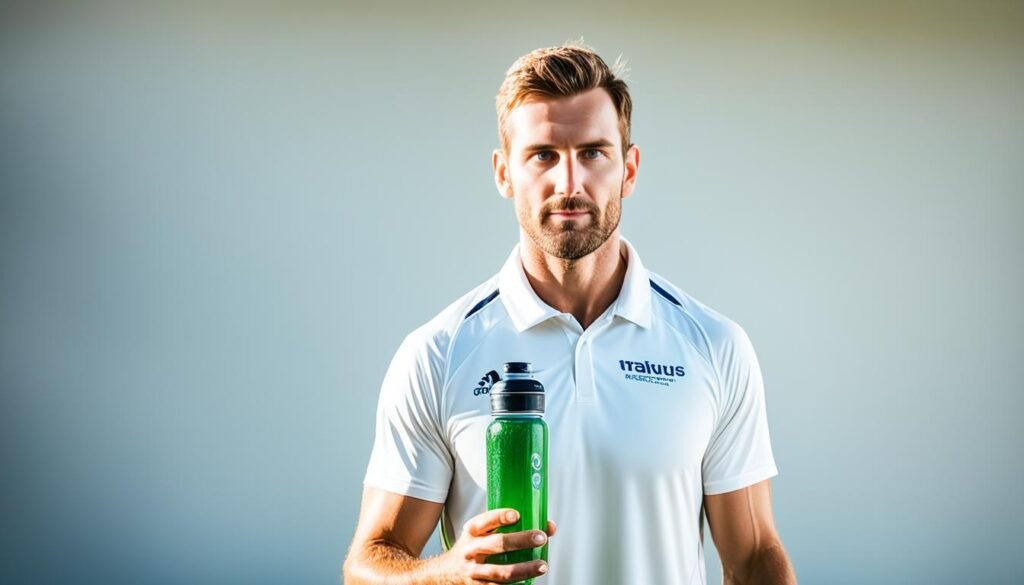
During matches and training sessions, sports drinks can be a beneficial addition to a cricketer’s hydration strategy. Sports drinks contain electrolytes and carbohydrates that aid in replenishing lost fluids and providing an added energy boost. These drinks can help maintain optimal hydration levels, especially during prolonged physical activity.
It is important to note that dehydration can have negative impacts on performance, including reduced endurance, muscle cramps, and impaired cognitive function. Therefore, cricketers should consistently prioritize their hydration, both on and off the field.
By adopting effective hydration strategies, cricketers can ensure they stay well-hydrated, maintain their energy levels, and perform at their best throughout the game.
Also Read: From Aspiration To Achievement: Crafting Your Journey To The Best Medical Schools
Pre-Match Nutrition
Proper pre-match nutrition is crucial for cricket players to fuel their bodies and prepare for the game. A well-balanced pre-match meal plays a vital role in providing sustained energy and supporting agility on the field. By incorporating the right combination of carbohydrates, proteins, and healthy fats, players can optimize their performance during the game.
When planning a pre-match meal, it is essential to focus on fueling the body with the right nutrients. Including carbohydrates in the meal is important as they are the primary source of energy for physical activity. Opt for complex carbohydrates like whole grains, brown rice, or sweet potatoes, as they provide sustained energy throughout the game. Pair the carbohydrates with lean sources of protein such as chicken, fish, or tofu, to support muscle function and repair.
In addition to carbohydrates and protein, it is important to include healthy fats in the pre-match meal. Avocado, nuts, and olive oil are excellent sources of healthy fats that help provide sustained energy and support overall health.
Timing is key when it comes to pre-match nutrition. It is recommended to eat the pre-match meal a few hours before the game to allow for proper digestion. This ensures that the nutrients are readily available for the body to utilize during the game.
Hydration is also a crucial component of pre-match nutrition. Proper hydration before the game not only supports overall health but also helps players stay focused and perform at their best. Drinking enough water throughout the day leading up to the game is important. Aim for at least 2-3 liters of water per day. This helps to prevent dehydration during the game and ensures optimal performance on the field.
Also Read: Wheels Of Hope: Transforming Patient Care Through Efficient Medical Transportation
To sum it up, pre-match nutrition plays a significant role in preparing cricket players for a game. A nutritious pre-match meal consisting of carbohydrates, proteins, and healthy fats provides the necessary fuel for their bodies. Adequate hydration is also essential for maintaining overall health and performance on the field.
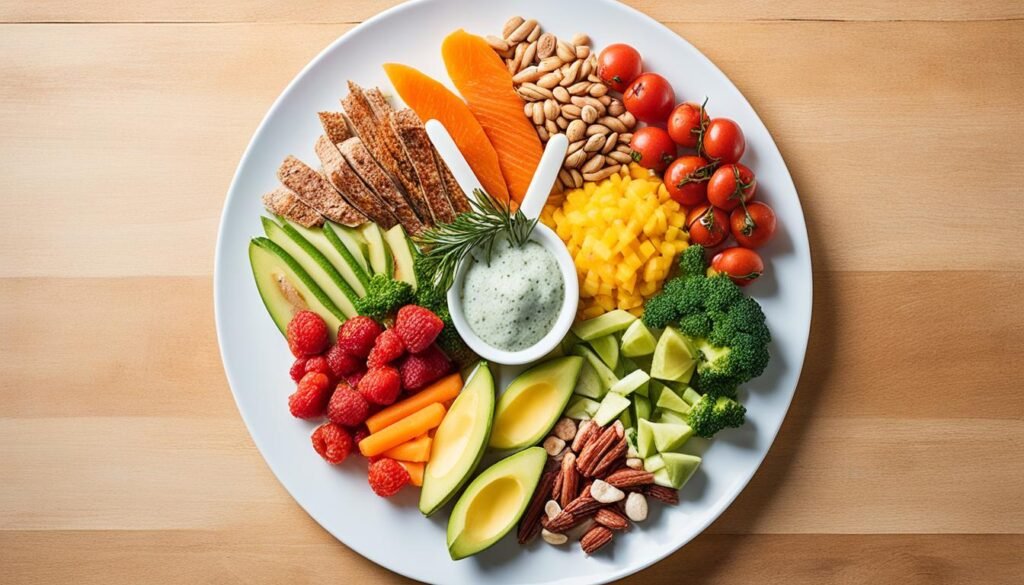
Eating and Drinking During Matches
During a cricket match, maintaining energy levels and staying hydrated are crucial for optimal performance. Players need to fuel their bodies with easily digestible carbohydrates to provide sustained energy throughout the game. Consuming sports drinks and energy gels can be an effective way to quickly replenish energy levels and stay focused on the field.
It is recommended for players to eat small, carb-rich snacks every 1-3 hours while waiting to bat. These snacks, such as energy bars or fruit, can help sustain energy levels and prevent fatigue during long matches.
Staying hydrated is equally important for cricket players. Drinking fluids at regular intervals helps prevent dehydration and maintains optimal performance. It is recommended to consume sports drinks that provide both hydration and electrolyte replenishment.
To give you an idea of the carb content in popular sports drinks:
| Sports Drink | Carbohydrate Content (per 100ml) |
|---|---|
| Gatorade | 6 grams of carbs |
| Powerade | 5 grams of carbs |
| Lucozade Sport | 8 grams of carbs |
Remember, consuming sports drinks and snacks with the right amount of carbohydrates can help provide sustained energy and support performance during cricket matches. Don’t forget to stay hydrated by drinking fluids at regular intervals to prevent dehydration and maintain optimal performance on the field.
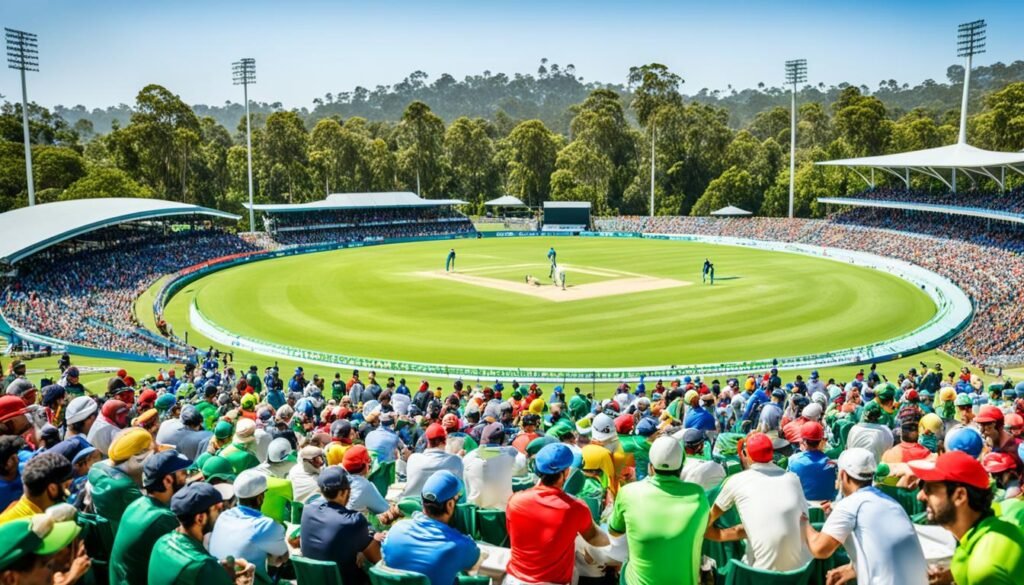
Recovery Nutrition
Proper recovery nutrition is essential for cricket players to support muscle recovery and repair after intense physical activity. After a game, the body requires specific nutrients to aid in muscle recovery, such as protein. Protein is essential for muscle repair and rebuilding, making it crucial for players to include sufficient protein for muscle in their post-game meals.
To ensure adequate protein intake, cricket players should incorporate lean sources of protein, such as chicken, fish, and dairy products, into their diet. These protein-rich foods provide the necessary amino acids needed for muscle recovery and growth. Including them in post-game meals can aid in *muscle recovery* and support overall performance on the field.
In addition to protein, consuming carbohydrates, fluids, and electrolytes is equally important. Carbohydrates replenish energy stores that may be depleted during the game, helping to aid in recovery. Fluids and electrolytes help restore hydration and balance essential minerals in the body, promoting a faster recovery process.
Proper recovery nutrition is not just about individual nutrients; it’s about finding the right balance and combination of foods to support the body’s healing and rejuvenation process. A well-rounded post-game meal should include a mix of lean protein, carbohydrates, fruits and vegetables, and healthy fats to provide a comprehensive range of essential nutrients for recovery.
Here is an example of a post-game recovery meal:
| Food | Quantity |
|---|---|
| Grilled chicken breast | 6 ounces |
| Brown rice | 1 cup |
| Steamed broccoli | 1 cup |
| Greek yogurt | 1/2 cup |
| Fresh berries | 1/2 cup |
| Almonds | 1 ounce |
By following a comprehensive recovery nutrition plan, cricket players can optimize their muscle recovery, reduce the risk of injury, and improve their overall performance on the field.
The Role of Micronutrients and Antioxidants
Micronutrients, such as vitamins and minerals, are essential for the overall health and performance of cricket players. These micronutrients provide cricketers with the necessary elements to support their physical and mental well-being, ensuring optimal athletic performance on the field.
Fruits, vegetables, and whole grains are excellent sources of vitamins and minerals. Incorporating these nutrient-rich foods into the diet can provide cricketers with the necessary fuel to perform at their best. Vitamins and minerals play a vital role in various bodily functions, including energy production, muscle contraction, and immune system support.
In addition to vitamins and minerals, antioxidants also play a crucial role in supporting cricketers’ performance. Intense physical activity during cricket matches can lead to oxidative stress, a condition where the body produces an excess of free radicals. These free radicals can cause cellular damage and impair athletic performance. Consuming foods rich in antioxidants can combat oxidative stress and promote optimal performance on the field.
“It’s important for cricketers to fuel their bodies with a variety of fruits, vegetables, and whole grains to obtain a wide range of vitamins, minerals, and antioxidants,” says nutritionist Dr. Emily Thompson. “These micronutrients and antioxidants combat oxidative stress and support the body’s overall health and performance.”
The Benefits of Micronutrients:
- Vitamins and minerals contribute to energy production, helping cricketers maintain their stamina throughout matches.
- Micronutrients support muscle recovery and repair, aiding cricketers in regaining strength after intense physical exertion.
- Antioxidants combat oxidative stress, reducing the risk of cellular damage and improving overall athletic performance.
- Vitamins, minerals, and antioxidants enhance mental focus and cognitive function, helping cricketers make optimal decisions on the field.
The Role of Antioxidants:
Antioxidants are powerful compounds found in various foods, notably berries, citrus fruits, and leafy greens. These foods provide cricketers with a rich supply of antioxidant elements, helping combat oxidative stress caused by intense physical activity. Including antioxidant-rich foods in the diet can support muscle recovery, reduce inflammation, and enhance overall health and performance on the cricket field.
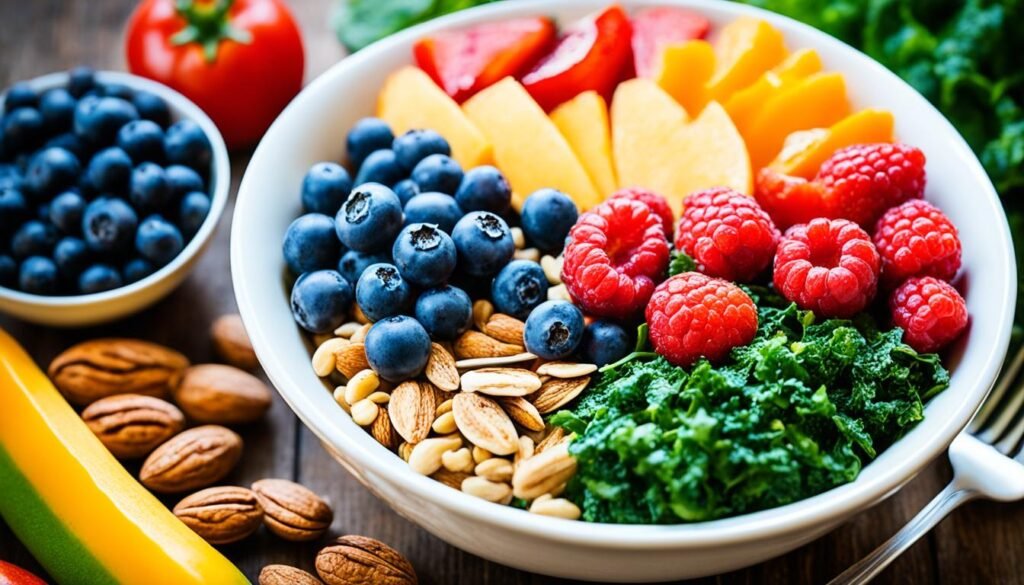
Antioxidant-rich Foods:
| Food | Antioxidant Content |
|---|---|
| Blueberries | High |
| Oranges | Moderate |
| Spinach | High |
| Kale | High |
| Strawberries | Moderate |
By incorporating these antioxidant-rich foods into their diet, cricketers can reap the benefits of reduced oxidative stress, improved muscle recovery, and enhanced athletic performance.
In conclusion, micronutrients, such as vitamins and minerals, along with antioxidants, play a crucial role in supporting the health and performance of cricket players. Consuming a diet rich in fruits, vegetables, whole grains, and antioxidant-packed foods can provide cricketers with the necessary nutrients to excel on the field and combat the oxidative stress caused by intense physical activity.Cricketers need a well-rounded nutrition plan to fuel their bodies for optimal cricket performance. A balanced diet rich in carbohydrates, healthy fats, protein, vitamins, and minerals is essential for maintaining energy levels, supporting endurance, and aiding in muscle recovery.
Foods like whole grains, fruits, vegetables, dairy products, and legumes provide sustained energy and necessary protein per micronutrients. Hydration is key, with cricketers needing to stay hydrated throughout training sessions and matches, making sports drinks a valuable source of hydration. Pre-match meals should consist of complex carbohydrates to provide fuel for running between wickets and agility on the field. Consulting with a sports nutritionist can help cricketers develop a diet plan tailored to their individual needs, ensuring overall health and optimal cricket performance.
Nutrition for cricket plays a vital role in every cricketer’s diet, ensuring they perform at their best during matches and training sessions. A diet rich in carbohydrates, lean sources of protein, and plenty of fruits and vegetables is essential for maintaining energy levels and reducing the risk of dehydration, especially in hot and humid conditions. Adequate nutrition can provide cricketers with the necessary nutrients to support lean muscle mass and aid in recovery after strenuous play on the field.
Protein is essential for muscle repair and growth, while carbohydrates provide sustained energy throughout long matches. It’s important for cricketers to drink plenty of water, aiming for at least eight glasses per day, and to consume electrolyte-rich sports drinks during intense activity. Consulting a qualified nutritionist can help cricketers develop a diet plan tailored to their nutritional needs, ensuring they achieve and maintain the level of physical fitness required for cricketing success.
Also Read : Understanding Test Match Cricket Fundamentals
Conclusion
In conclusion, a well-balanced cricket nutrition guide is crucial for players to optimize their performance on the field. By following a proper cricket diet plan that includes carbohydrates, proteins, healthy fats, and micronutrients, athletes can fuel their bodies, enhance endurance, support muscle recovery, and improve overall health.
Athletes should prioritize a well-designed performance nutrition plan that provides adequate energy and nutrients to meet the demands of their sport. This includes following an athlete meal plan that focuses on nutrient-dense foods and hydration strategies to support optimal performance. By paying attention to their cricket nutrition and incorporating these tips into their daily routine, cricketers can excel in their game and reach their full potential.
Remember, a successful cricket player is not only determined by their skills and training but also by their nutrition. By fueling their bodies with the right nutrients and staying properly hydrated, cricketers can enhance their performance on the field and maximize their chances of success.
FAQs
Q: What is the role of nutrition in cricket?
A: Nutrition plays a crucial role in cricket as it provides cricketers with the necessary fuel and nutrients to perform at their best during matches and training sessions.
Q: How important is a diet plan for cricket players?
A: A well-planned diet is essential for cricket players as it can help improve their performance, endurance, and overall health on and off the field.
Q: What nutrients should be included in a cricket player’s diet?
A: A cricket player’s diet should include carbohydrates for energy, protein for muscle repair, healthy fats for sustained energy, and plenty of fruits and vegetables for necessary nutrients.
Q: How can a diet chart for cricket players help?
A: A diet chart designed specifically for cricket players can provide them with adequate nutrition tailored to meet the physical demands of the sport and optimize their performance.
Q: Why should cricketers focus on eating a balanced diet?
A: Eating a balanced diet ensures that cricketers get all the necessary nutrients required for their overall health, performance, and recovery during cricket matches and training sessions.
Q: Should cricketers consult a qualified sports nutritionist for their dietary needs?
A: Yes, consulting a qualified sports nutritionist can help cricketers create personalized diet plans that suit their individual requirements and enhance their cricketing performance.
Q: How can specific nutrients in the diet help cricketers during a cricket match?
A: Nutrients like carbohydrates provide energy for running between wickets, proteins aid in muscle repair, and healthy fats sustain energy levels during long cricket matches.
Q: Why is omega-3 fatty acids important for cricket players?
A: Omega-3 fatty acids, found in sources like fish, are beneficial for cricket players as they help reduce inflammation, support heart health, and contribute to overall performance on the field.
Source Links
- https://xmiles.co.uk/blogs/news/cricket-nutrition-101-a-comprehensive-guide-for-players
- https://www.pitchvision.com/the-complete-guide-to-cricket-nutrition/
- https://www.sportsdietitians.com.au/factsheets/food-for-your-sport/food-for-your-sport-cricket/




